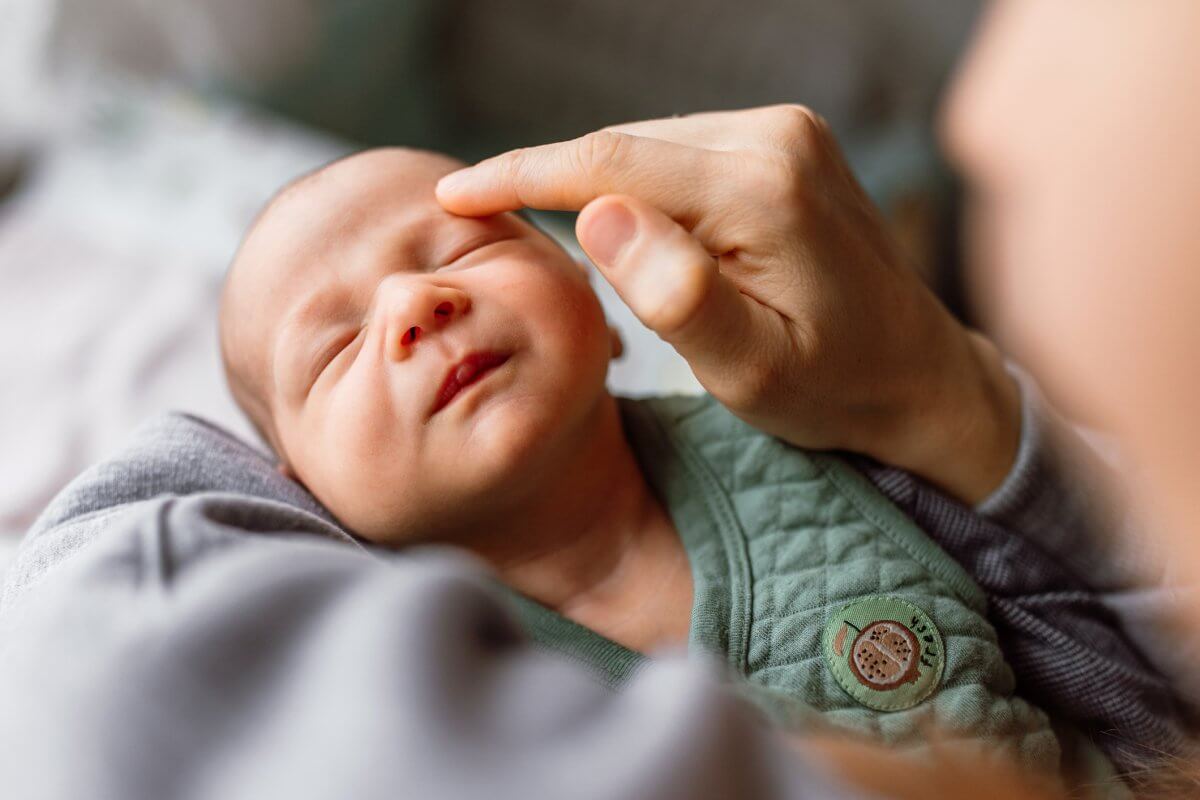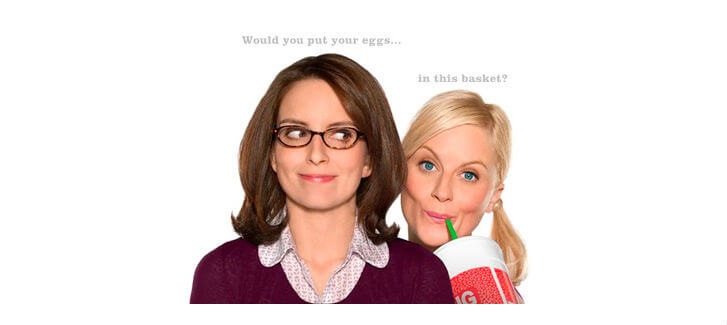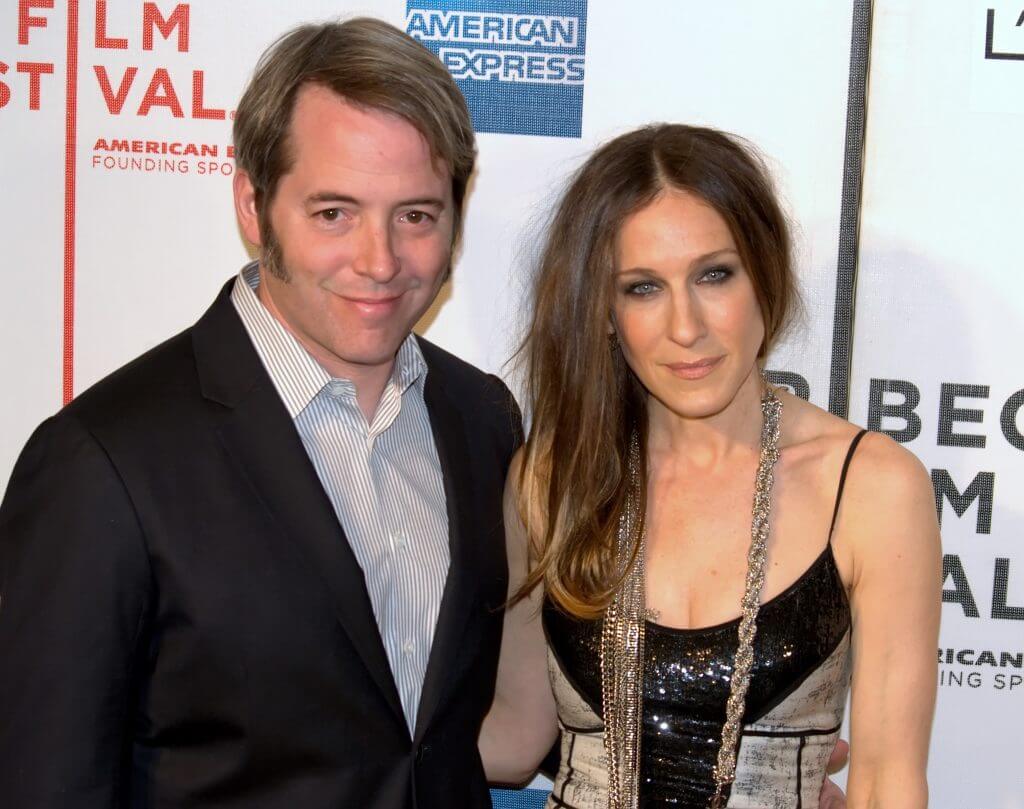Emily in Paris actress, Lily Collins and Windfall director, Charlie McDowell welcomed their daughter, Tove Jane McDowell on January 31st 2025.
In a caption for the Instagram post introducing their newborn, Lily revealed that they used surrogacy to grow their family, expressing gratitude for their surrogate.
“Welcome to the center of our world Tove Jane McDowell. Words will never express our endless gratitude for our incredible surrogate…”
Surrogacy isn’t just for celebrities. It’s a viable and loving option for any couple or individual facing fertility challenges, medical conditions or personal circumstances that make pregnancy difficult or impossible.
Whether you’re just starting to explore your options or ready to take the next step, we’re here to offer the support and expertise you need. Reach out today to learn more about how we can help you turn your dream of parenthood into a reality.
Surrogacy Beyond Celebrity
While high-profile figures like Lily Collins and Charlie McDowell may bring attention to the process, surrogacy is a path to parenthood for:
- Couples who struggle with infertility
- Women who can’t carry a pregnancy for health reasons
- Single individuals
- LGBT+ couples looking to have biological children
The surrogacy process is available to people from all walks of life, and with the right support, it can be a beautiful and fulfilling journey to create a family.
Finding a Surrogate in 5 Steps
Finding the right surrogate can be quick and easy with the right professional. We are here to guide you through the entire process. Here’s how it works:
- Contact us: Speak with a surrogacy specialist and discuss your goals and preferences to identify your ideal surrogate.
- Create an intended parent profile: Once we understand your needs, we’ll help you create an intended parent profile, which will outline your goals, preferences and expectations for the surrogacy process. If you have embryos created, we can match you quickly.
- Profile review: Your surrogacy specialist will provide you with potential surrogate profiles tailored to your preferences. These profiles include details about the surrogate’s medical history, lifestyle, motivations for becoming a surrogate and more.
- Get to know your surrogate: Once you’ve found a surrogate you’re interested in, a Zoom call will be scheduled. This allows both parties to connect, discuss expectations and decide if you’re comfortable moving forward together.
- Finalize the match: If both you and the surrogate agree that it’s a good match, the agreement is finalized.
Every surrogate you view has been screened and is highly qualified to help make your dream of parenthood a reality.
Learn more about how our screening process protects you and helps you become parents quicker.
Navigating Surrogacy: How an Agency Can Help You Grow Your Family
Surrogacy has become an option for many families to realize their dreams of having children, signaling a significant shift in the way society views surrogacy. As with anything that is still relatively new, there are still some misconceptions.
McDowell released a statement addressing those who responded to their exciting news:
“Thank you for all the kind messages and love. We are overjoyed and very grateful,” he said. “In regards to the unkind messages about surrogacy and our path to having a baby— it’s ok to not be an expert on surrogacy. It’s ok to not know why someone might need a surrogate to have a child.”
It’s perfectly natural not to have all the answers, but that’s exactly why working with surrogacy professionals can make all the difference.
With our agency, no question is too small, and you don’t have to be an expert. We’re here to help you every step of the way, so you can focus on the excitement of growing your family.
Parenthood is Possible for You
Lily Collins and Charlie McDowell’s decision to build their family through surrogacy is a beautiful reminder of the many ways families can be created.
If you are considering surrogacy as a way to grow your family, don’t hesitate to reach out. Together, we can turn your vision of parenthood into a reality.
Fill out our simple form today to get answers to your questions or begin your journey.






